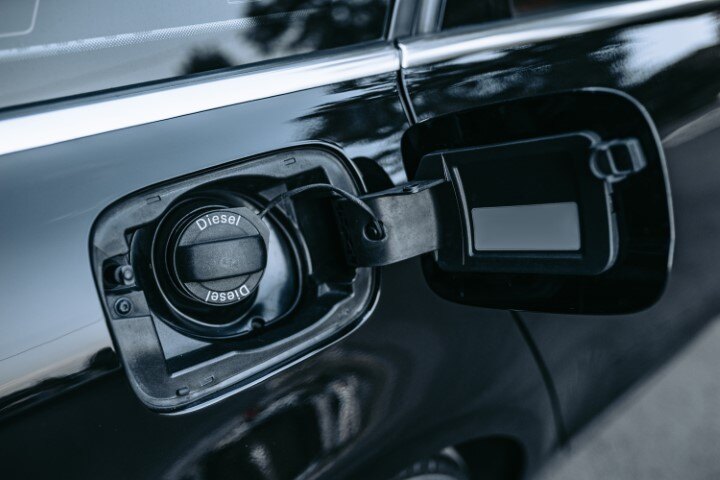What to do When Your Diesel Fuel Starts to Gel
Are you gellin'? No, this isn't a Dr. Scholl's ad, but rather a question all diesel fuel users should be asking themselves during the cold winter...

In cases where diesel engines are going to be inactive for stretches during the winter, special steps need to be taken to prepare them. Most commonly, marine diesel engines and stationary diesels will fall into this category. Over-the-road diesels that run during the winter don't need the same treatment (but do require certain types of fuel treatment to winterize the fuel for cold weather).
![]() Here are some tips for preparing your valuable diesel engines, whether boats or generators, for their winter hibernation. It's worth your while to take some of these steps to protect your investment.
Here are some tips for preparing your valuable diesel engines, whether boats or generators, for their winter hibernation. It's worth your while to take some of these steps to protect your investment.
When you go to your marine dealer, they'll tell you the same thing. A critical part of a winterizing regiment for diesel boats is to drain the water and change the antifreeze. You'll need to do this in several places, starting with the boat in dry dock.
1. Drain the strainer. Go to the raw water strainer for the boat's cooling system and open the seacock to allow the water to drain out of the strainer. Be sure to close it back up when that's done.
2. Drain the cooling water out of the engine block. You can do this by locating the drain plugs. All diesel engines will have one or more of these. Let the water drain and then close them back up again. If you're having trouble locating all the drain plugs, look in your owner's manual.
3. Drain the water out of the transmission cooler and the water lift muffler (if you have one installed). Locate all the drain plugs and loosen them to accomplish this. Tighten them back up when you're done, except for the lowest one on the water lock. Leave that one open.
4. Use plumbing antifreeze to add to the raw water strainer. Plumbing antifreeze is pink in color. It will also keep the pump from burning out. You'll want to do this with the engine running. Unscrew the top of the strainer and add the antifreeze until you see it coming out of the water lift muffler drain, or the boat's exhaust. Now you can tighten this last open drain plug and top up the strainer before sealing it back up.
5. Change your filters. Putting a set of new fresh filters is always a good idea. This way, it's done and you don't have to worry about that when you fire up the machine after the weather warms back up. Don't forget the coolant filter if you have one.
6. Add some kind of diesel fuel stabilizer treatment to the fuel that will be sitting in the fuel system during winter storage. Fill the fuel up as much as you can to reduce the possibility of water condensate forming, then add a multi-purpose fuel stabilizer.
1. Condition the fuel for the winter. This is the most important step for winterizing diesel generators. Add a good multi-purpose fuel stabilizer and conditioner, and run the generator to make sure the conditioner diffuses all the way through the fuel system. Since you're only prepping for short-term winter storage, all you have to do is run the generator for a couple of minutes, then close the fuel valve and keep it running until it goes dry.
2. Take the recoil starter handle and pull it out until you meet a point of resistance. This is the point where the intake and exhaust valves will be closed. If you leave the handle in this position during the winter, it will prevent rust inside the engine.
Winterizing your diesel engines is something you have to choose to do, and it takes a little bit of effort. Not a LOT of effort, but a little bit. And this is definitely a case where a little bit of effort on the front end will save you lots of time and money on the back end by preventing problems and making your expensive diesel engine investments last as long as possible.
Are you gellin'? No, this isn't a Dr. Scholl's ad, but rather a question all diesel fuel users should be asking themselves during the cold winter...

Electric cars and hybrid cars get the lion’s share of media coverage as our country tries to find ways to end the dependency of cars on petroleum....
You are ready to buy a new car. You’d like to be more environmentally-friendly, but you have a long commute and an all-electric plug-in car will not...